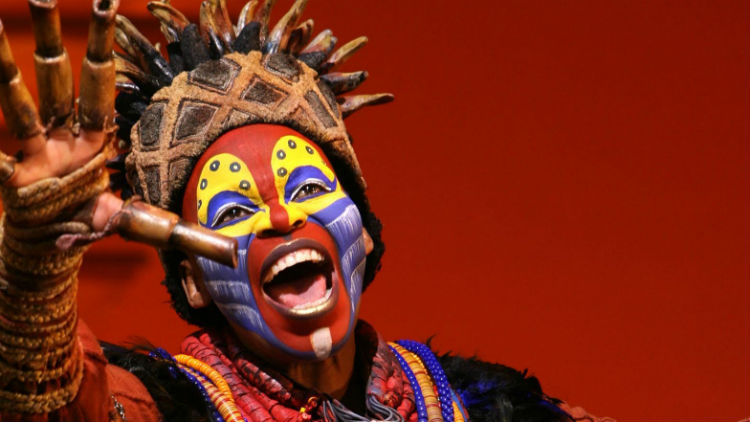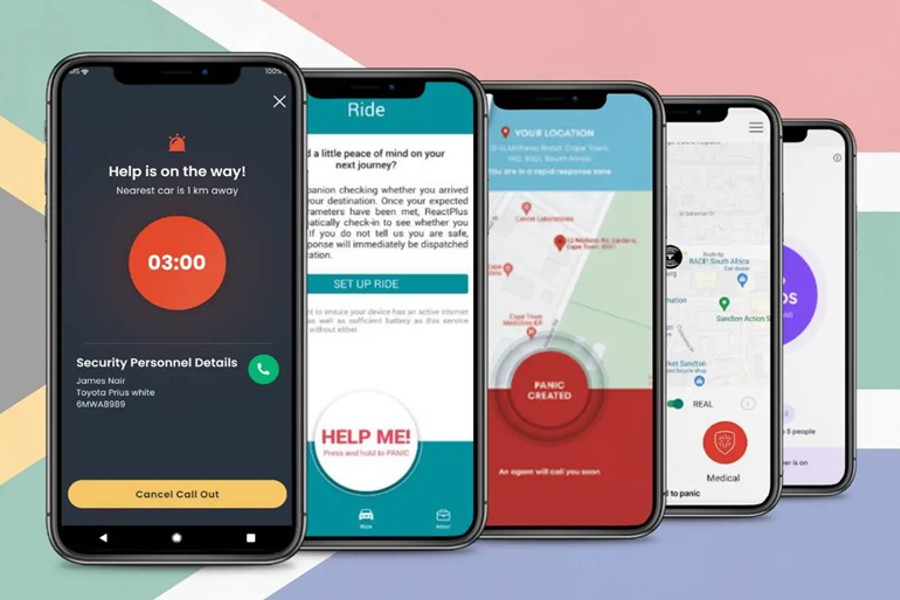
We’ve selected this story as a HW Pick because it’s a great business lesson as a ise business person once said, “…in making decisions where there is money,” to grow your business:
CrainsNewYork reports that Cirque du Soleil generated more than half its $850 million in revenue last year from eight acrobatically inclined shows, all of them in Las Vegas.
…returning to New York not only to launch its first Broadway production but to try to transform the way it does business.
The other half came from markets that did not include New York. Now the Montreal-based company is returning to New York not only to launch its first Broadway production but to try to transform the way it does business.
Unlike its Vegas productions, Paramour will use character-driven storytelling with a beginning, middle and end, in addition to its signature acrobatics. The show, which begins preview performances April 16, 2016, will also mark Cirque’s first scalable and replicable show in the company’s 32-year history, meaning that a hit in New York could be taken on the road and exported around the world.
… the New York market, which is the most important market in the live-entertainment world.”
“We managed to have eight shows in Las Vegas,” said Cirque’s president and chief executive officer Daniel Lamarre. “But while we were doing that, we weren’t paying enough attention to the New York market, which is the most important market in the live-entertainment world.”
In the last three decades, Cirque has created 37 one-off productions, including several off-Broadway shows in New York that were meant to compete commercially with Broadway productions. Most succeeded: Zarkana sold one million tickets over the course of its two-summer run. One flopped: Shpeel, a $20 million dollar vaudeville-inspired show, ended its 2010 run at the Beacon Theatre less than six weeks after opening. None of them, however, could be duplicated in more than one venue at a time.
If we are successful with what we are doing on Broadway, we will be able to replicate Paramour in London or Germany or Tokyo or Melbourne, and take that DNA we are investing real money and real time in creating to enjoy the potential global exploitation simultaneously.
“For the first 30 years the company existed, every single show that Cirque did was singular,” said Scott Zeiger, president and managing director of Cirque du Soleil Theatrical, which launched in 2014. “If we are successful with what we are doing on Broadway, we will be able to replicate Paramour in London or Germany or Tokyo or Melbourne, and take that DNA we are investing real money and real time in creating to enjoy the potential global exploitation simultaneously.”
Cirque is already a global phenomenon drawing 160 million spectators to shows in more than 400 cities, 60 countries and six continents. So why encroach on an industry that’s consistently unreliable and in which only 20% of shows ever recoup their costs? Because when a show works, the potential profits can be in the billions.
The Lion King has grossed $1.25 billion on Broadway since its New York stage premiere in November 1997, making it the highest grossing show on the Great White Way. Success in New York led to offshoot productions around the globe that have grossed more than $6.2 billion, making it the most profitable stage musical and piece of entertainment in any medium. It’s been seen by more than 85 million people in 100 cities in 20 countries on every continent except Antarctica and translated into eight different languages.
Wicked, meanwhile, recently crossed the $1 billion mark at the Broadway box office and has garnered $4 billion worldwide.
“We understand the Broadway statistics, and we don’t want to get ahead of ourselves. The focus is making New York City a hit,” Zeiger said. “But we do have this fantastically loyal built-in base of Cirque du Soleil fans who will come to experience the show. We hope that we will also deliver for the Broadway ticket buyer an experience that they feel is worthy of their ticket dollars. And if we can crack that nut and create the merger of the Broadway fan and the Cirque fan into this production, there is clearly a very large audience potential.”
The company is well on its way. More than 50,000 advance tickets for Paramour have been sold for roughly $5 million.
The challenge will be meeting expectations on opening night, June 2. To make things harder, that opening date makes them ineligible for this year’s Tony Awards, a cutoff most producers try to make in order to improve their chances at the box office.
“They realize that there is an incredible potential not only in profit but in spreading and increasing the size of their brand with a successful production in New York,” said Ken Davenport, a Broadway producer behind Kinky Boots and Godspell. “So the Tonys are really not going to be part of the equation.”
That puts more pressure on Cirque to get Paramour right from the start. Cirque shows can be tweaked long after opening night. But Broadway is different. Zeiger acknowledged that it’s expensive to rework the production after official press previews, in part because reviewers will not come back to give it a second look.
“So we would do a cost-benefit analysis after the show is frozen and open to see if we believe that further investment should be made to tweak the show,” he said.
In the meantime, Zeiger is focused on the previews starting this month. “Yeah, we are nervous,” he said. “Just like everyone opening a musical on Broadway is nervous.”
Become a Harlem Insider!
By submitting this form, you are consenting to receive marketing emails from: . You can revoke your consent to receive emails at any time by using the SafeUnsubscribe® link, found at the bottom of every email. Emails are serviced by Constant Contact








